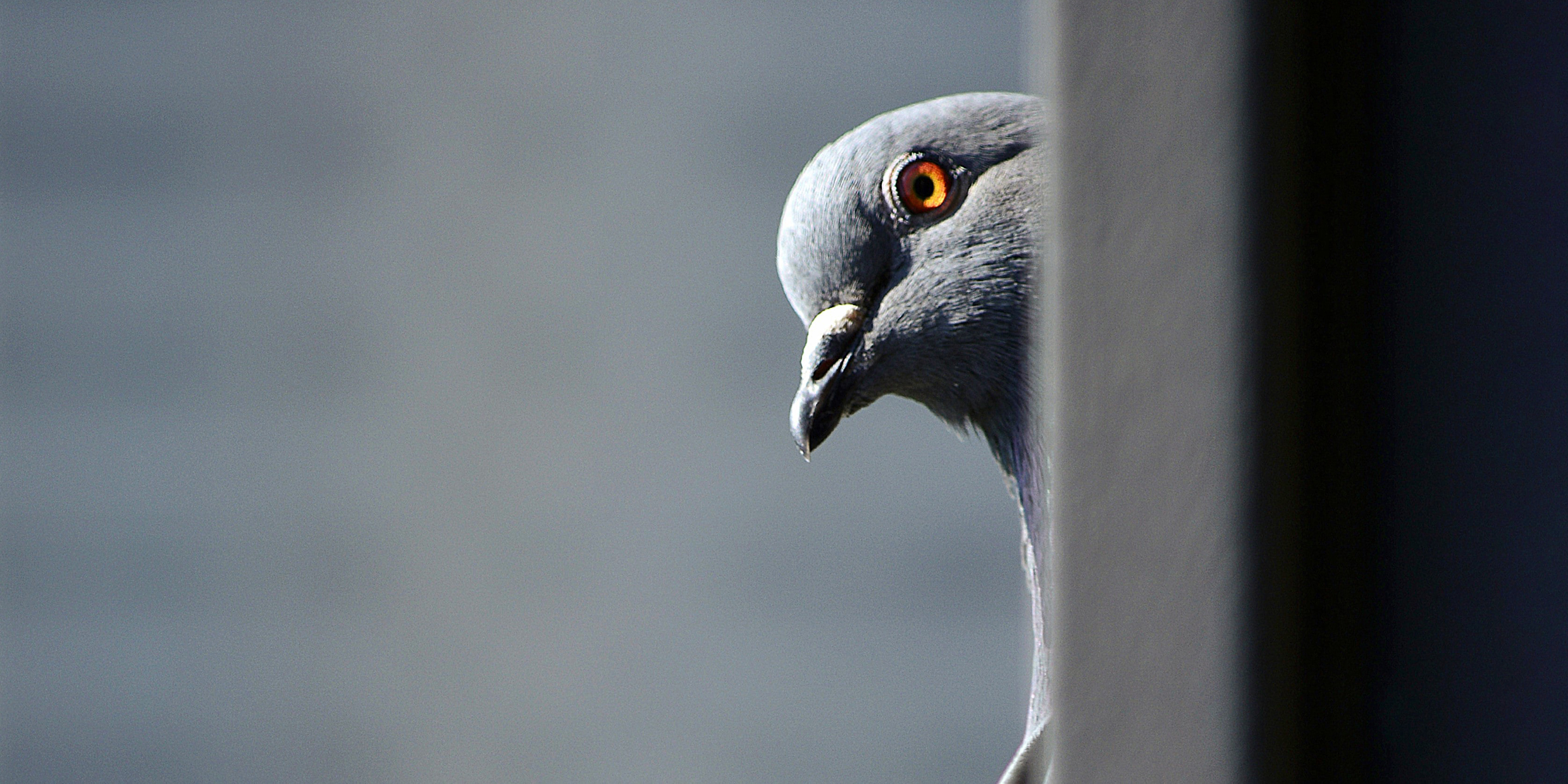Originally published 11 December 2005
The 18th-century philosopher, Voltaire, wrote this about superstition: “A Frenchman traveling in Italy finds almost everything superstitious, and is hardly wrong. The archbishop of Canterbury claims that the archbishop of Paris is superstitious; the Presbyterians levy the same reproach against his Grace of Canterbury, and are in their turn called superstitious by the Quakers, who are the most superstitious of men in the eyes of other Christians.”
It isn’t easy to draw the boundaries between “truth” and superstition, Voltaire observed. One person’s dogma is another person’s nonsense.
I remember when it first dawned on me that my own firmly held beliefs might be superstitious. I was a young man at university — the University of Notre Dame — and had just finished a required course of Catholic apologetics. We had used as a text Frank Sheed’s Theology and Sanity, the theme of which was: If you don’t recognize the truths of Catholic theology, you are insane. Sanity, said Sheed, is living in the real world, and the real world was the one described by his church’s compendium of truth.
Angels, purgatory, the resurrection of the body, and so on: It was all there, and it all stuck me as a bit — well, superstitious. Of course, I was learning science too, and for scientists almost anything that isn’t grounded in empirical observation is superstitious.
“Superstition” is about the best word we have for looking down our noses on those who believe something other than what we believe ourselves.
The word comes from the Latin verb superstare, “to stand upon or over.” According to the Oxford English Dictionary, the noun form superstitio probably originally meant “standing over a thing in amazement or awe.” One modern meaning of the word — “unreasoning awe or fear of something unknown” — is close to the Latin root. More commonly, we use the word to mean “any irrational, groundless practice or belief founded on fear or ignorance.”
Which is about what the archbishops of Canterbury and Paris thought of each other in Voltaire’s time. Or, for that matter, what today’s evolutionary biologists think of creationists, and vice versa.
The Romans, who gave us the word, knew exactly what they meant by it. A superstition was anything strange and foreign to the Romans. The Roman writer, Plutarch, suggested that superstitious people did not use their intelligence when thinking about the gods, which led to fanaticism, and fanatics made bad citizens of the Empire.
For Romans, Christianity was the superstition par excellence, especially as Christians started to become more numerous within the Empire. Successive Roman writers vigorously condemned the superstitious beliefs of Christians.
Of course, when Constantine led the Empire to Christianity in the fourth century, suddenly superstition was on the other foot.
After Constantine, the Greek and Roman gods — Dionysus, Athena, Jupiter, Mars, and all the Olympian pantheon — became the new superstition, and it was as superstition that we learned the Greco-Roman myths in school. In my school, we also learned of the “superstitions” of Hindus, Moslems, Native Americans, and all the rest.
In these more ecumenical times, we are less inclined to dismiss religious faiths other than our own as superstitious. We tend to reserve the “s” word for such things as black cats bringing bad luck, or, if we are scientifically inclined, for astrology, parapsychology, homeopathy, and a host of other “irrational” beliefs.
But, if these things are “irrational,” as most scientists (including me) piously believe, then why do so many people believe them to be true?
Even in Roman times, the physician Galen warned his students and colleagues how easy it is to believe merely because we inherit the religious or philosophical beliefs of our parents, teachers, or native city. But we also have a great capacity to deceive ourselves.
Back in the 1940s, the behavioral psychologist B. F. Skinner did a famous experiment with pigeons that he thought had some relevance to human superstitions. He put birds in the kind of cages used for training animals by reinforcement — peck a bar, get some birdseed, that sort of thing. Except in this new experiment, the feed was provided at regular intervals regardless of what the pigeons did.
And guess what? The pigeons fell into certain behaviors all by themselves — nodding or turning or pecking for food — although their behaviors had nothing to do with the reward being offered. Skinner wrote: “A few accidental connections between a ritual and favorable consequences suffice to set up and maintain the behavior in spite of many unreinforced instances…The experiment might be said to demonstrate a sort of superstition. The bird behaves as if there were a causal relation between its behavior and the presentation of food, although such a relation is lacking. There are many analogies to human behavior.”
Do we convince ourselves that certain religious beliefs, miracles, astrology, parapsychology, or homeopathy “work” because they provide a kind of psychological reward, as Skinner implies? And, if so, how do scientists avoid falling into the trap of superstition? Answer: By relying upon double-blind experiments, placebos, reproducibility, peer review, unrelenting skepticism, and all the rest of the tricks-of-the-trade we call the scientific method.
It’s not perfect. Even as we hold our scientific theories to the refining fire of experience, we should remember the archbishops of Canterbury and Paris, and know that humans, like pigeons, may be hardwired for self-deception.



